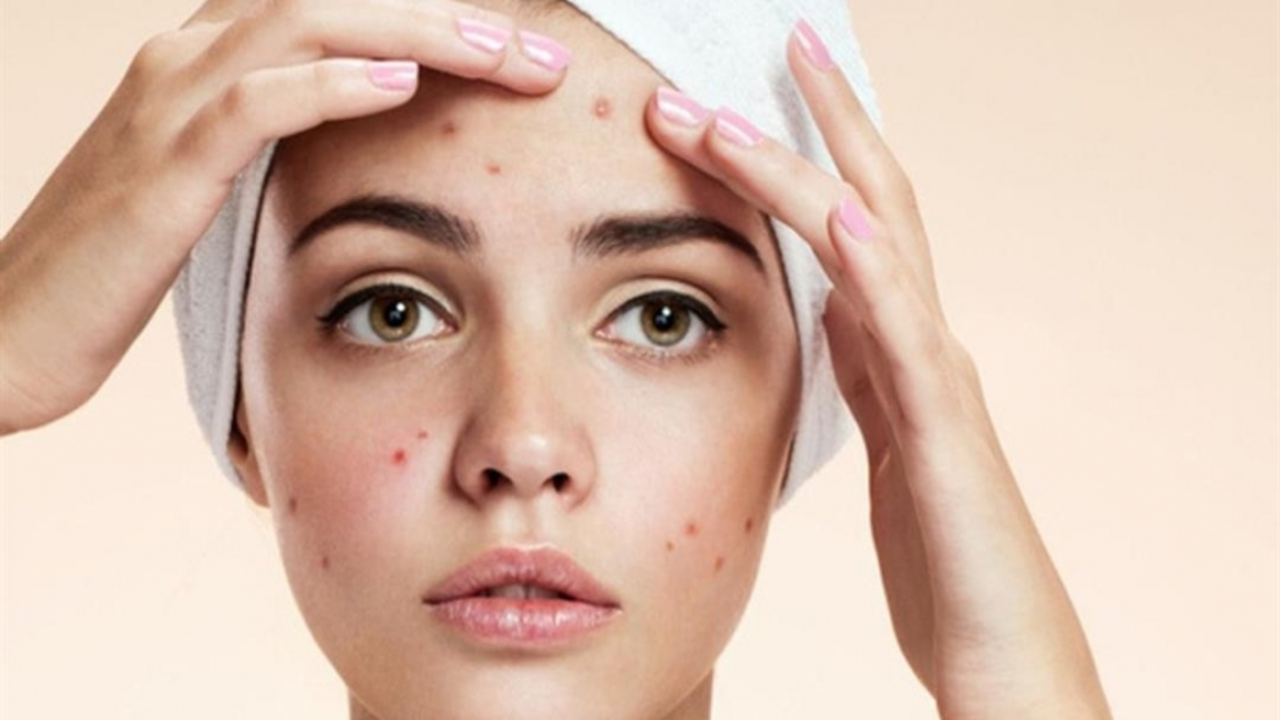Introduction: Debunking Acne Myths
As an acne sufferer for many years, I've heard countless myths about what causes breakouts. From blaming chocolate to the idea that only teenagers get acne, there are a lot of misconceptions out there. In this article, I will bust the top 10 acne myths and provide you with the real facts about what causes breakouts. So let's get started on our journey to clearer skin!
Myth #1: Acne Is Only for Teenagers
One of the most common acne myths is that it only affects teenagers. While it's true that adolescents are more prone to acne due to hormonal changes, acne can affect people of all ages. In fact, adult acne is becoming increasingly common, especially among women. Hormonal fluctuations, stress, and certain medications can all contribute to adult acne. So, if you're struggling with breakouts in your 20s, 30s, or beyond, know that you're not alone!
Myth #2: Washing Your Face More Often Will Clear Acne
Many people believe that washing their face more frequently will help to clear acne. While it's important to keep your skin clean, over-washing can actually make acne worse. Excessive cleansing can strip your skin of its natural oils, causing it to produce even more oil to compensate. This can lead to clogged pores and more breakouts. Instead, stick to washing your face twice a day with a gentle, non-comedogenic cleanser.
Myth #3: Popping Pimples Helps Them Heal Faster
It can be tempting to pop a pimple in the hopes of getting rid of it faster, but doing so can actually make things worse. Popping a pimple can cause bacteria to spread, leading to more pimples and even an infection. Plus, it can cause scarring and prolong the healing process. Instead, try using a spot treatment with ingredients like salicylic acid or benzoyl peroxide to help the pimple heal on its own.
Myth #4: The Sun Clears Up Acne
Some people believe that getting a tan can help to clear acne, but this is a dangerous myth. While the sun may temporarily reduce inflammation and redness, it can also damage your skin and increase your risk of skin cancer. In addition, sun exposure can cause your skin to produce more oil, which can lead to more breakouts. So, always wear sunscreen and seek shade when spending time outdoors.
Myth #5: Greasy Foods and Chocolate Cause Acne
Contrary to popular belief, there is no conclusive evidence linking greasy foods or chocolate to acne. While a poor diet can contribute to overall poor health, it's unlikely that indulging in a burger or a chocolate bar will directly cause a breakout. That being said, maintaining a balanced diet rich in fruits, vegetables, and lean proteins can help support healthy skin, so it's still a good idea to make smart food choices.
Myth #6: Acne Is Caused by Dirty Skin
Many people think that acne is a result of poor hygiene, but this is simply not true. Acne is caused by a combination of factors, including excess oil production, dead skin cells, and bacteria. While it's important to keep your skin clean, even the most diligent cleansing routine won't guarantee acne-free skin. In fact, over-cleansing can contribute to breakouts, as we discussed earlier. So, focus on a gentle, consistent skincare routine rather than obsessing over cleanliness.
Myth #7: Makeup Causes Breakouts
Makeup itself isn't necessarily the culprit when it comes to acne. However, using the wrong products or not removing makeup properly can contribute to breakouts. Look for non-comedogenic makeup, which is specifically formulated not to clog pores. And always remove your makeup before going to bed to give your skin a chance to breathe and recover overnight.
Conclusion: Understanding the True Causes of Acne
Now that we've debunked these common acne myths, it's important to understand that the true causes of acne are complex and can vary from person to person. If you're struggling with persistent breakouts, consider seeing a dermatologist who can help you develop a personalized treatment plan. And remember, the road to clear skin may be bumpy, but with patience and consistency, you can achieve the results you're looking for.

kanishetti anusha
June 26, 2023 AT 09:17roy bradfield
June 26, 2023 AT 14:16Patrick Merk
June 27, 2023 AT 22:03Liam Dunne
June 28, 2023 AT 02:21Vera Wayne
June 29, 2023 AT 02:53Rodney Keats
June 29, 2023 AT 11:50Laura-Jade Vaughan
June 29, 2023 AT 17:40Jennifer Stephenson
June 30, 2023 AT 10:09